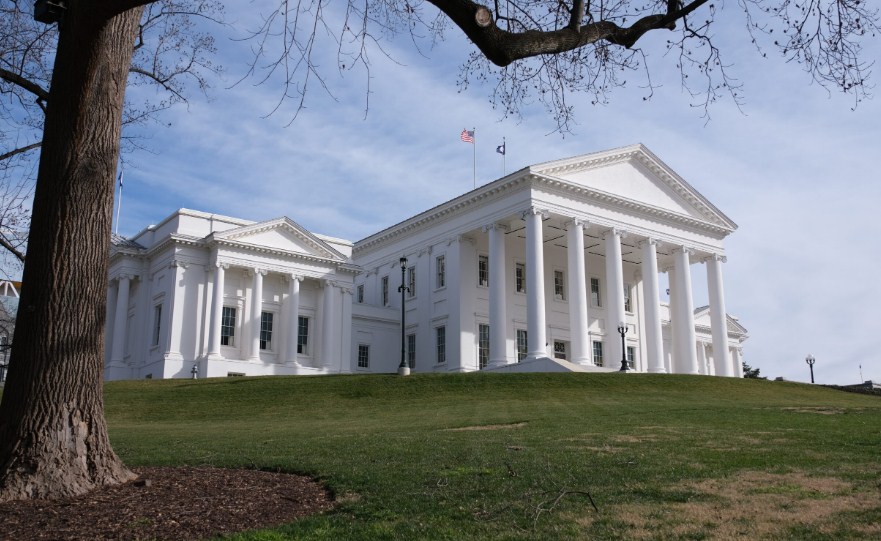Virginia legislators are seeking to allocate $5 million for a scholarship fund that benefits people who were denied a public education during the era of school segregation and their descendants.
The Brown v. Board of Education Scholarship Program
The scholarship fund, known as the Brown v. Board of Education Scholarship Program, was established in 2005 to provide a public education to persons who were locked out of school between 1954 and 1964, in jurisdictions where the public schools were closed to avoid desegregation. The program was named after the landmark 1954 Supreme Court case that declared racial segregation in public schools unconstitutional.
The program offers scholarships to eligible individuals who want to pursue postsecondary education or training at any accredited institution in Virginia. The scholarships cover tuition, fees, books, and other educational expenses.

The impact of Massive Resistance
One of the most notorious examples of school segregation in Virginia was the case of Prince Edward County, where the public schools were shut down for five years, from 1959 to 1964, as part of a state policy known as Massive Resistance. More than 2,000 black students were left without access to public education, while white students attended private academies funded by public money.
The closure of public schools in Prince Edward County had long-lasting effects on the educational attainment, economic opportunities, and social well-being of the affected students and their families. Many of them never completed high school or college, and some suffered from psychological trauma and low self-esteem.
The need for expansion and funding
Since its inception, the scholarship program has awarded more than $2 million to over 100 recipients, most of whom are in their 70s or older. However, the program still has about $1 million left in its fund, and the number of new applicants has dwindled in recent years.
In 2023, the General Assembly passed a bill to extend the eligibility for the scholarship program to include the descendants of the original beneficiaries, such as their children, grandchildren, nieces, and nephews. The bill also authorized the scholarship committee to prioritize applicants based on the degree of relationship to the directly affected individual.
However, the bill did not provide any additional funding for the expanded program, which could potentially serve thousands of more people. That is why a pair of Virginia lawmakers, Delegate Kaye Kory and Senator Jennifer McClellan, are requesting $5 million for the scholarship fund in the 2024 budget.
According to Kory, the funding request is a way of acknowledging the historical injustice and the intergenerational impact of school segregation on the affected communities. She said that the scholarship program is not only a form of compensation, but also a means of empowerment and opportunity for the recipients and their descendants.
The support and opposition for the proposal
The funding request for the scholarship program has received support from various groups and individuals, including the Moton Museum in Farmville, which documents the history of the civil rights movement in Prince Edward County, and the Virginia Education Association, which represents public school teachers and staff.
The supporters of the proposal argue that the scholarship program is a moral obligation and a social investment for the state of Virginia, which has a history of racial discrimination and inequality in education. They also point out that the program has a positive impact on the academic achievement, career development, and personal growth of the recipients.
However, the proposal also faces some opposition and criticism from those who question its feasibility, effectiveness, and fairness. Some of the opponents of the proposal contend that the scholarship program is too costly, too broad, and too vague in its criteria and administration. They also suggest that the program is not the best way to address the educational needs and challenges of the current and future generations of Virginians.
The funding request for the scholarship program is currently under consideration by the House Appropriations Committee and the Senate Finance and Appropriations Committee. The final decision on the proposal will depend on the outcome of the budget negotiations between the two chambers of the General Assembly.

Comments